1. 1969: Woodstock festival begins
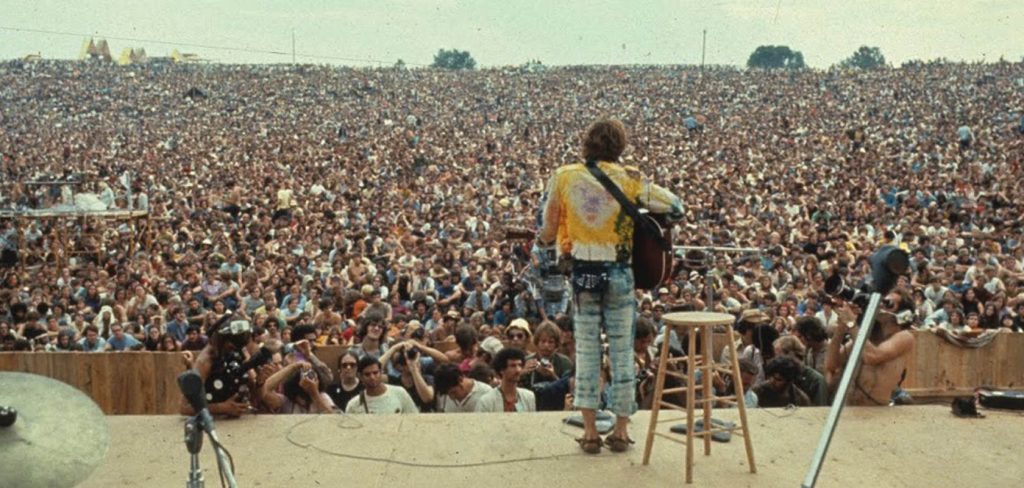
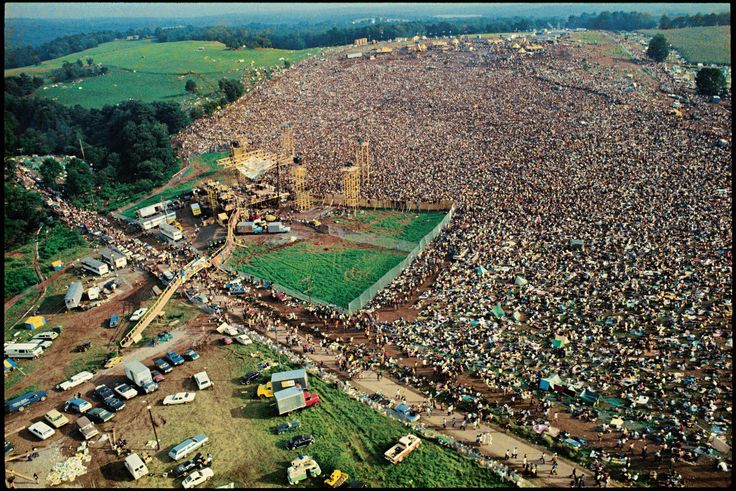
Over half a million “hippies” flocked to a 600 acre dairy farm just outside Bethel, New York on this date in 1969 for the Woodstock Music Festival. It was originally designed as “Three Days of Peace and Music” to help generate funds to for a rock and roll retreat and recording studio near the town of Woodstock, New York. Even though the promoters were fairly inexperienced, they managed to sign major artists such as The Who, Jimi Hendrix, The Grateful Dead, Janis Joplin, among many others. Ticket sales were said to be around 200,000, but more than double that showed up on the day the gates opened. Those without tickets used gaps in fences to sneak in, which became such a problem that event organizers were forced to make it free of charge. With such a massive turnout there was no way to provide food and water for everyone, and the National Guard had to be called in to provide aid.
2.1979: Apocalypse Now released in U.S. theaters.
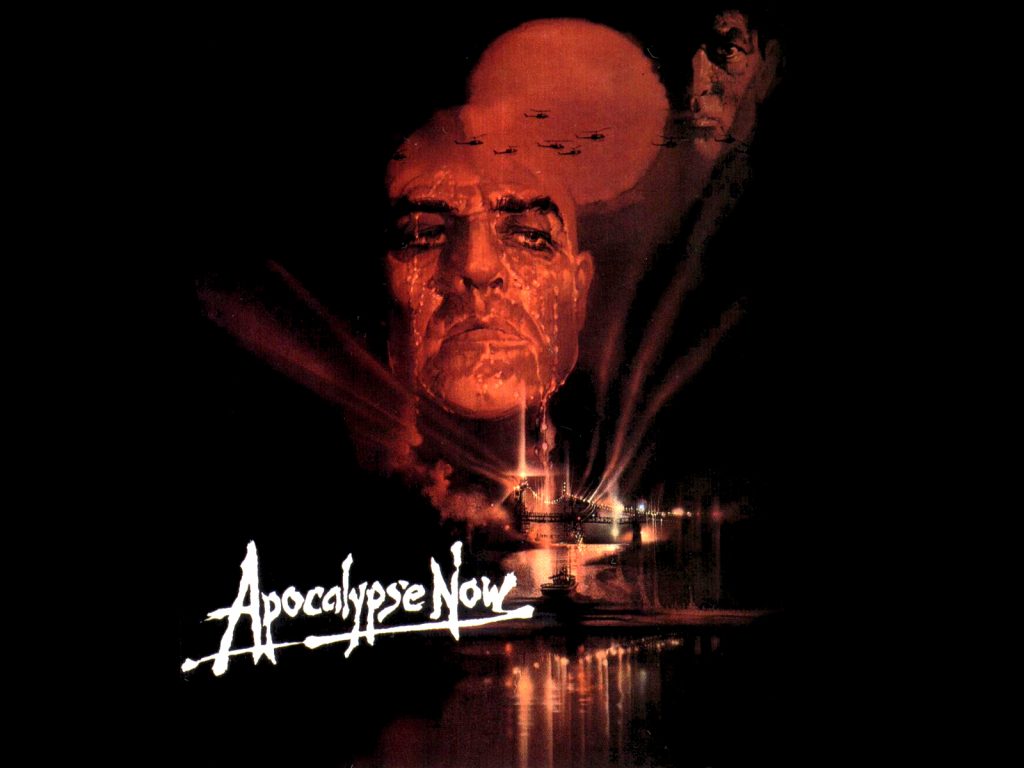
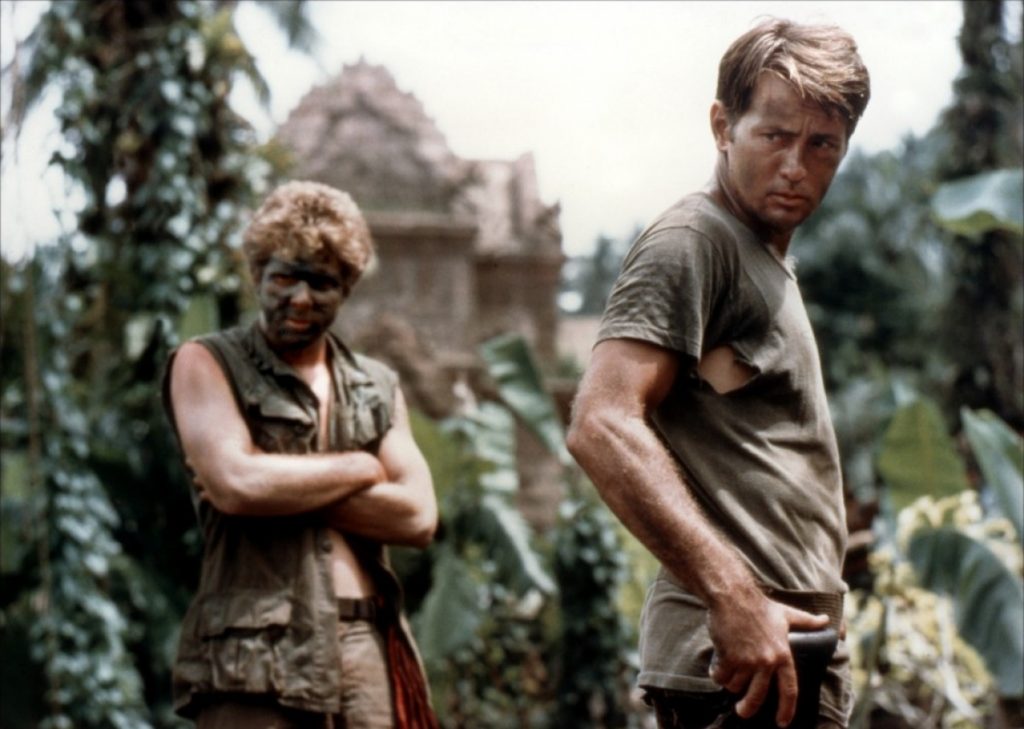
It was on this date in 1979 that the film with memorable lines such as “I love the smell of napalm in the morning” was released in theaters across the United States. Of course, we are talking about the Francis Ford Coppola film, Apocalypse Now, starring famous actors like Martin Sheen, Marlon Brando and Robert Duvall, just to name a few. It was a Vietnam war story that was inspired in part by the novel Heart of Darkness written by Joseph Conrad in 1899 among many other sources. Even though the film was critically acclaimed, winning two academy awards as well as six other nominations, the production of the film was apparently plagued with problems. Everything from problems with the budget, horrible weather causing shooting delays, and even medical issues such Martin Sheen having a heart attack and Coppolla himself having a full-blown nervous breakdown.
3. 1945: Japanese Emperor announces Japan’s defeat
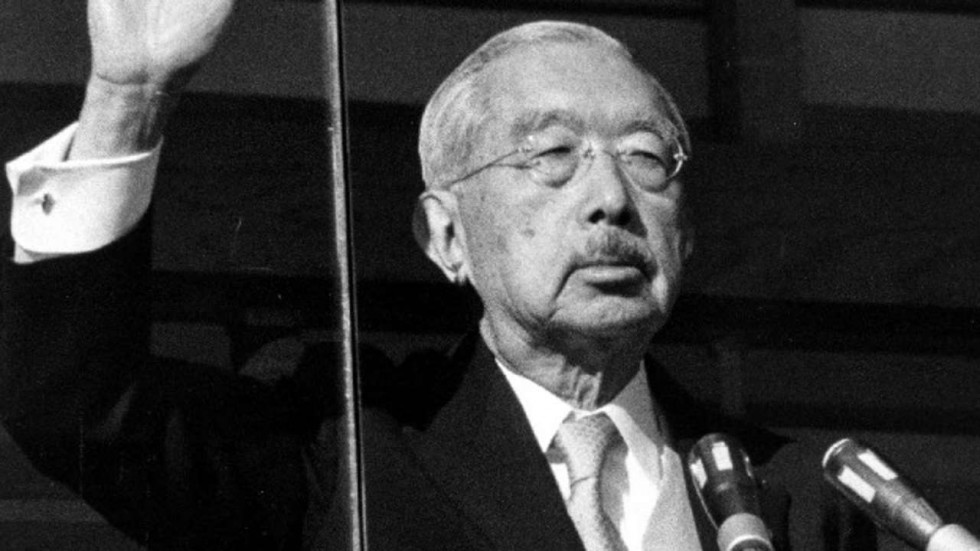
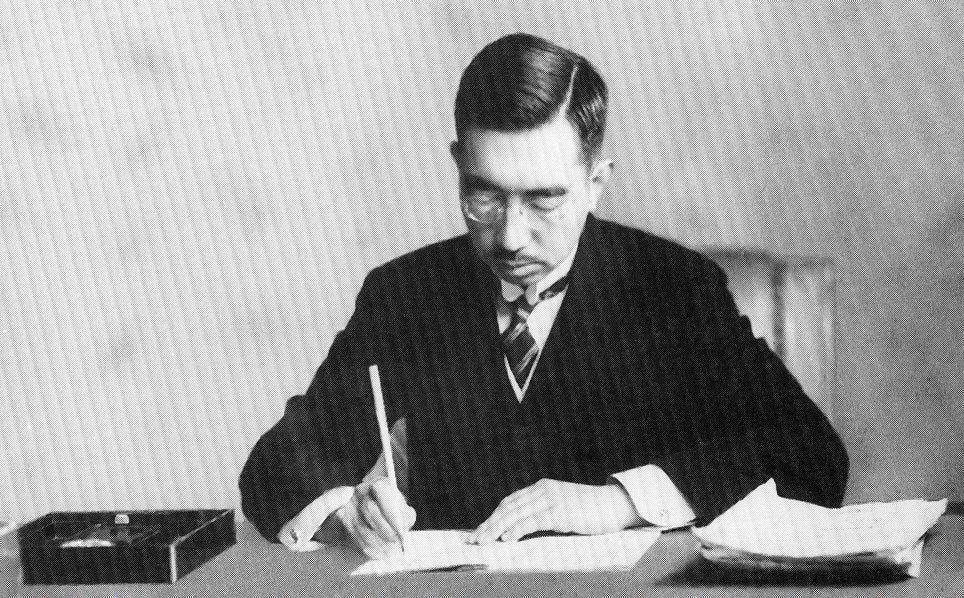
It was on this date in 1945 that recordings from Japanese Emperor Hirohito were broadcast all over Japan, announcing their surrender of WWII. It was very uncommon for the Emperor to speak, because according to Japan’s Shinto religious traditions, his voice was the same as that of God. This was the very first time an Emperor’s voice had been heard over the airwaves. During the historical broadcast, he pointed out that “the enemy has begun to employ a new and most cruel bomb, the power of which to do damage is, indeed incalculable, taking the toll of many innocent lives. Should We continue to fight, not only would it result in an ultimate collapse and obliteration of the Japanese nation, but also it would lead to the total extinction of human civilization.” It was later published in his memoirs that during that time he feared that had the war continued on the same path, the Japanese race will be destroyed.